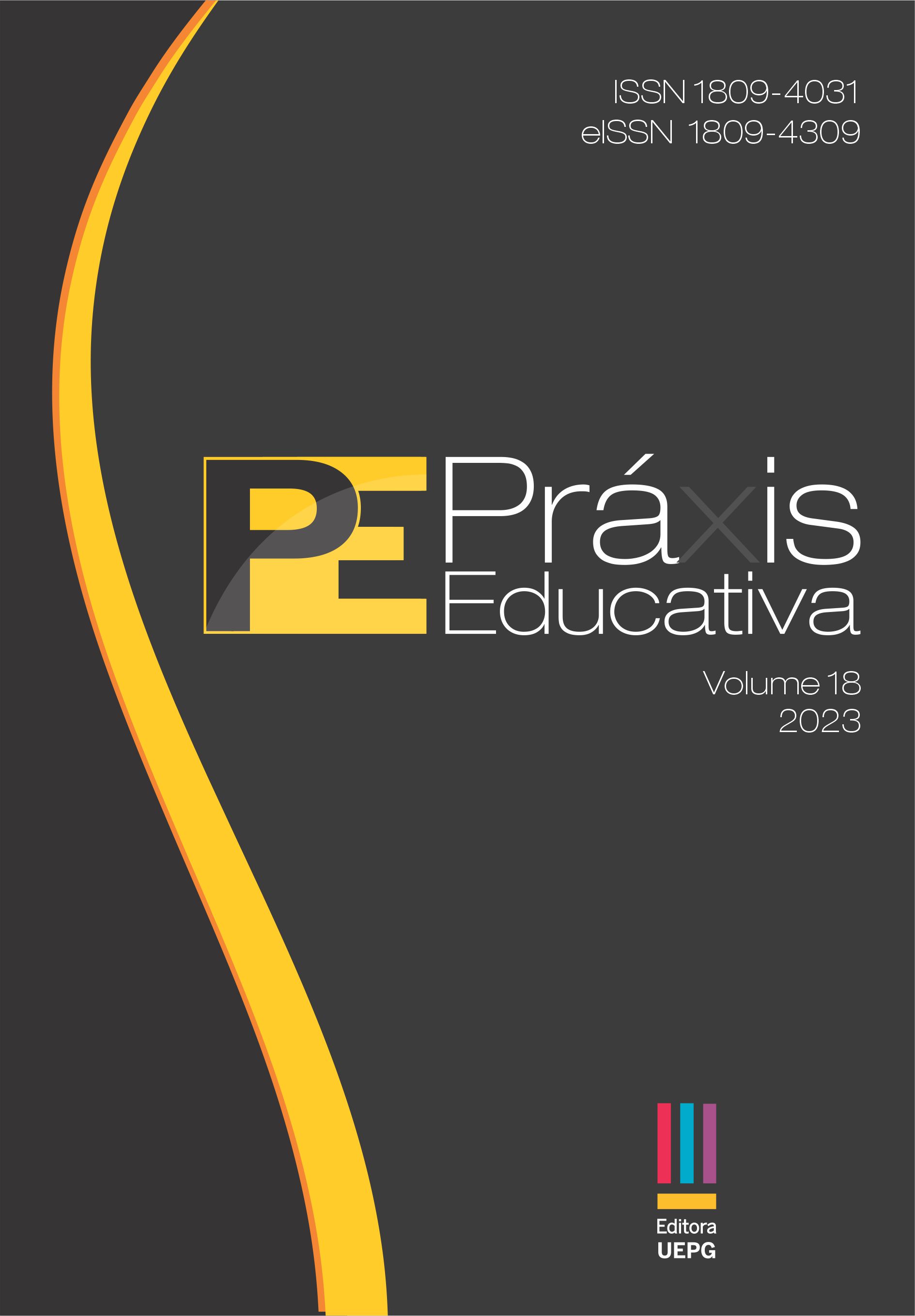Internationalization, interculturality and Neohumanism Philosophy of Shrii Prabhat Ranjan Sarkar
DOI:
https://doi.org/10.5212/PraxEduc.v.18.21501.028Resumo
This article introduces the internationalisation and interculturality from Neohumanist perspective. Neohumanism was propounded by the great Indian philosopher Prabhat Ranjan Sarkar (1921-1990). As a key approach to internationalisation, Sarkar emphasised manifestation of human qualities that lie in the subtle layers of mind. Humanism newly explained and newly-sermonized is Neohumanism – the philosophy which will make people understand that they are not merely ordinary creatures. This philosophy will liberate them from all inferiority feelings and defects and make them aware of their own importance it will inspire them to build a new world. All beings – animate and inanimate - come within the scope of Neohumanism which will eliminate all sentiments like geo-sentiment, socio-sentiment and will usher in universalism. Implementation of principles of Progressive Utilization Theory (PROUT) in economic sphere will provide guaranteed provision of basic amenities of life like food, clothing, shelter, education and medical treatment to all segments of the society. Neohumanist education focuses on instilling universal moral values among the students.
Keywords: Neohumanism. Progressive Utilization Theory. Internationalization. Interculturality.
Downloads
Métricas
Downloads
Publicado
Como Citar
Edição
Seção
Licença
Copyright (c) 2023 Práxis Educativa

Este trabalho está licenciado sob uma licença Creative Commons Attribution 4.0 International License.
Autores que publicam nesta revista concordam com os seguintes termos:
a) Os autores mantêm os direitos autorais e concedem à revista o direito de primeira publicação, com o trabalho simultaneamente licenciado sob a Creative Commons Attribution License que permite o compartilhamento do trabalho com reconhecimento da sua autoria e publicação inicial nesta revista.
b) Os autores são autorizados a assinarem contratos adicionais, separadamente, para distribuição não exclusiva da versão publicada nesta revista (por exemplo, em repositórios institucionais ou capítulos de livros), com reconhecimento da sua autoria e publicação inicial nesta revista).
c) Os autores são estimulados a publicar e distribuir a versão onlline do artigo (por exemplo, em repositórios institucionais ou em sua página pessoal), considerando que isso pode gerar alterações produtivas, bem como aumentar o impacto e as citações do artigo publicado.
d) Esta revista proporciona acesso público a todo o seu conteúdo, uma vez que isso permite uma maior visibilidade e alcance dos artigos e resenhas publicados. Para maiores informações sobre esta abordagem, visite Public Knowledge Project, projeto que desenvolveu este sistema para melhorar a qualidade acadêmica e pública da pesquisa, distribuindo o OJS assim como outros softwares de apoio ao sistema de publicação de acesso público a fontes acadêmicas.
e) Os nomes e endereços de e-mail neste site serão usados exclusivamente para os propósitos da revista, não estando disponíveis para outros fins.

Este obra está licenciado com uma Licença Creative Commons Atribuição 4.0 Internacional.

Este obra está bajo una licencia de Creative Commons Reconocimiento 4.0 Internacional.









